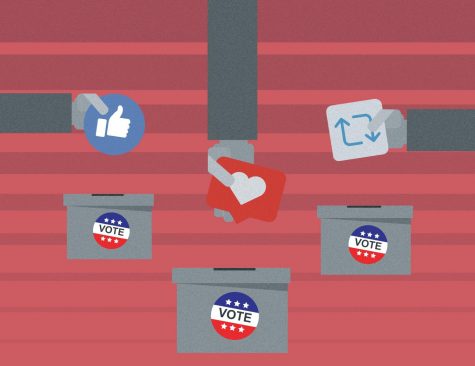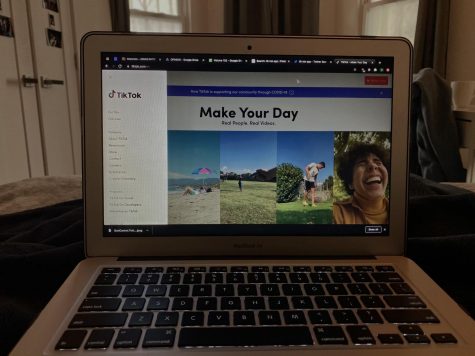Google Monopoly Downfall with Antitrust Lawsuit? Hopefully.
October 21, 2020
Whether you are online shopping, looking up the weather, or checking what time your plane departs, it is nearly guaranteed that Google is your search engine. With Google controlling roughly 87% of the U.S. search market, its algorithms essentially dictate the order of the search results that show up on its platform, meaning Google has absolute power over a business succeeding or failing. As a result, Google is getting hit with the biggest U.S. antitrust lawsuit since Microsoft Corp. in 1998. Microsoft’s settlements with various antitrust lawsuits directly contributed to Google’s market share growth, as Google Chrome surpassed Internet Explorer in popularity, and Google was crowned the king of search engines.
The Justice Department has grounds to accuse Google of unfairly blocking out rivals and forcing businesses into buying more ads than necessary, ultimately fueling Google’s dominance. While smaller companies pay to use Google’s selective services to grow their market shares, they have taken a backseat to Google’s brand as the tech company prioritizes its own products and views its users as competitors. For example, Chairman of Expedia and IAC Barry Diller acknowledges how great Google is for customers, but states how the search engine repeatedly pushes down his company’s sites in favor of Google’s services. His claim was substantiated by the House of Representatives report, which reiterates Google’s bullying and abuse of its algorithms. So, why should these smaller companies pay their competitors?
Google’s most common responses to these allegations are that it provides free web browsing services for consumers and that antitrust laws should not help rivals steal market share from companies. And Google is right. Not only does Google offer the most concrete search engine in the world, but it also provides a suite of productivity applications for spreadsheets, word processing and photo-editing, cloud storage for consumers, businesses and news aggregation.
In defense of its free services, Google spokeswoman Julie Tarallo McAlister’s rebuttal claims that antitrust laws aim to protect customers and their privacy, not diminish a company’s worth and the range of products people use every day. On the other hand, the antitrust laws’ backbone is centered around protecting and promoting healthy competition within all sectors of the U.S. economy. These laws address price fixing problems, misrepresenting companies’ product lines or availability and prioritizing its own products even if they are inferior to those of its competitors.
There is credible evidence from public investigators and other government officials that Google has committed these predatory acts to subdue competition and maintain its monopoly. For this reason, Google should face the consequences, which would enable the U.S. government to regulate Google’s algorithms further, ensuring fair market competition amongst its competitors.
It is paramount that any argument related to smaller companies profiting from Google’s services does not hold any relevance in whether Google violated antitrust laws. It is not a matter of the pros outweighing the cons of what Google does for its consumers. It is not relevant to conclude that even though Google dominates its target market, people still benefit overall. Lawmakers and public investigators aren’t determining the net benefit of Google’s existence, but Google has broken these antitrust laws. Fortunately for Google, the trickiest part of U.S. antitrust law is deciding at what point something good for the public goes bad, thus giving the tech company a lot of room to work with. To reiterate, New York University law professor Eleanor Fox stated how U.S. antitrust law provides a large amount of freedom to firms to decide what competitive strategies they want to exercise. Google’s mostly-free platform of goods and services to people will speak for itself, as Google’s spokespeople or lawyers will likely refute the prosecution’s allegations by giving an overall analysis of its consumers. This kind of debate framework has been effective for many other companies who have also been accused of similar law violations this year, such as Apple, Amazon and Facebook.
Since Google is still in the early stages of the lawsuit against it, a verdict likely won’t be made until late 2021. I assume there will be a settlement made between Google and the Department of Justice, consisting of substantial financial payments and insight into the company’s hidden parts that will continue the government’s fight in checking these omnipotent tech companies. But as of right now, the main thing to pay attention to is Google’s argument structure and the effectiveness of the prosecution’s questions.
Mikael La Ferla, GSB ’23, is a business administration major and information systems minor from Philadelphia, Pa.












If you want a picture to show with your comment, go get a gravatar.